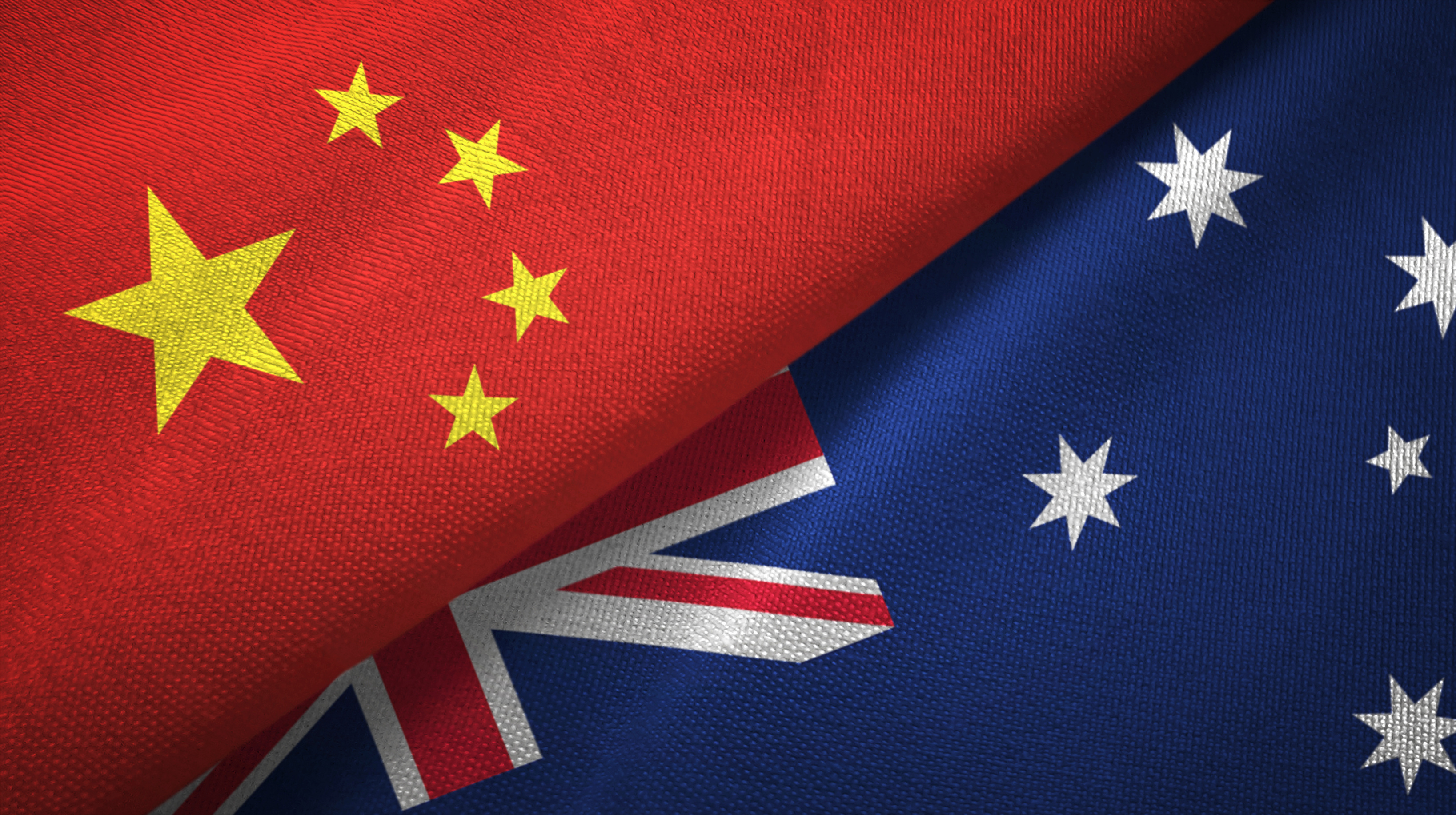THE CANBERRA TIMES: 'Lose-lose' situation if China relationship worsens
As sabre-rattling intensifies over Taiwan and the controversy over the Chinese embassy's list of 14 grievances is yet to subside, the war of words between Canberra and Beijing is increasingly presented by some here as a war of values between democ

